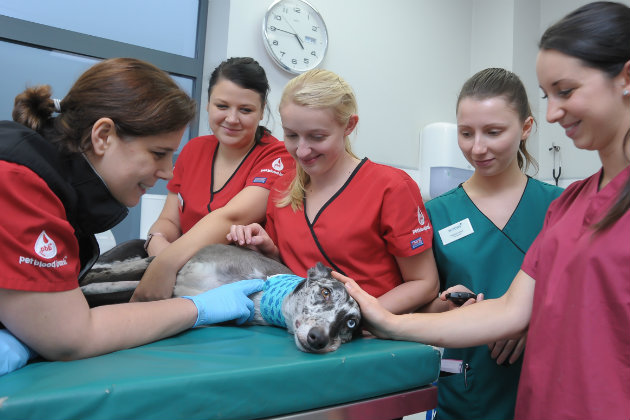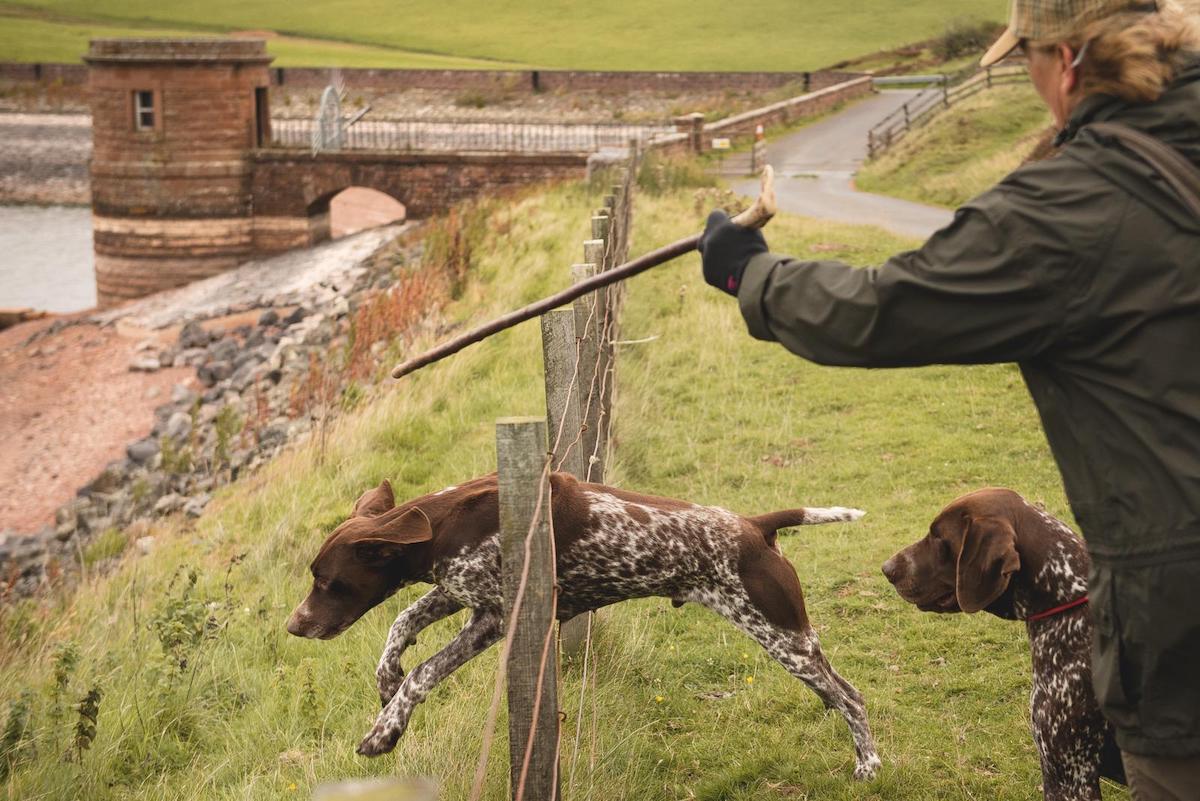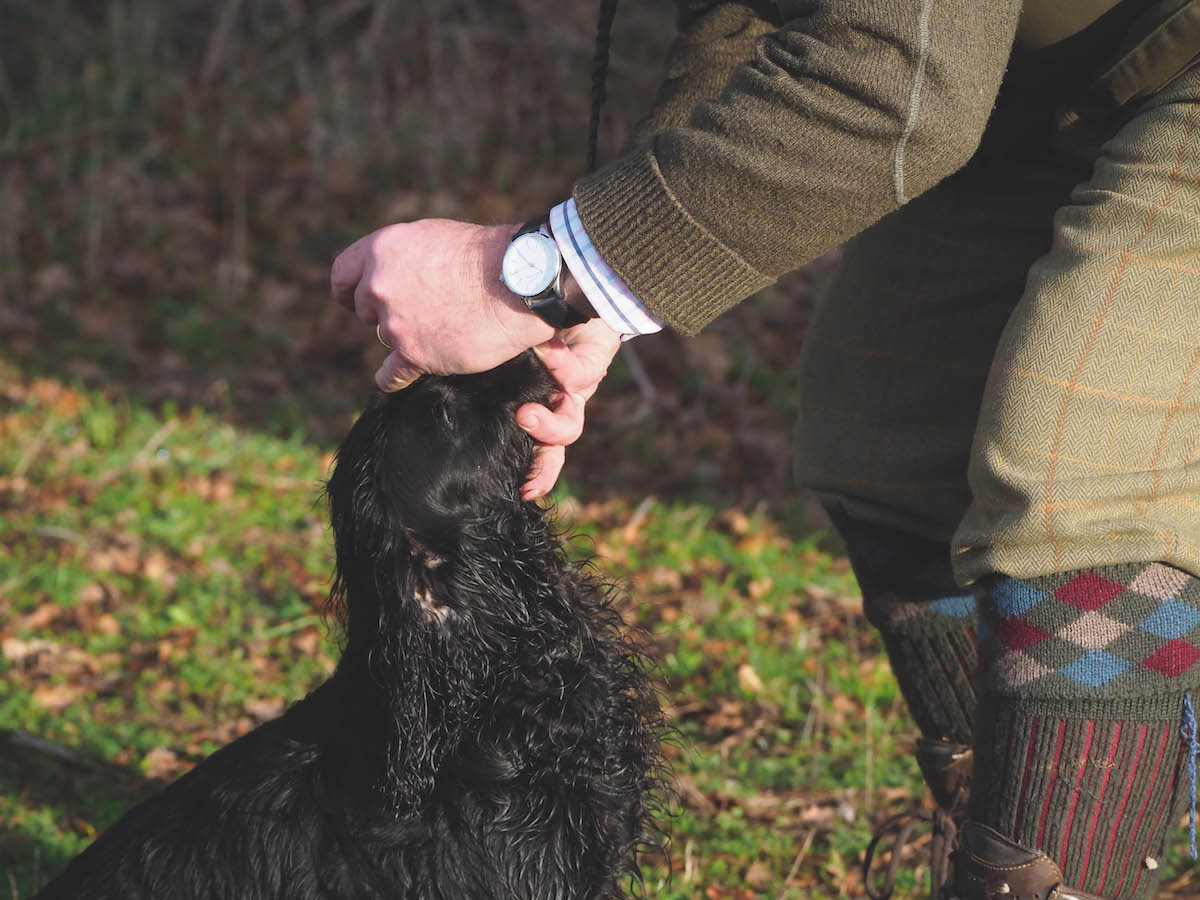What if your gundog needed a blood transfusion one day?
Sporting Gun's gundog health expert tells the story behind Pet Blood Bank UK

Pet Blood Bank is the only charity in the UK that can provide blood products to veterinary practices
“When my lovely cocker spaniel, Flick, was only five months old, she needed nine (yes nine!) blood transfusions. If it wasn’t for a charity called Pet Blood Bank UK, she would not be here just now. Can you spread the word?” Steve Finney, North Yorkshire
Blood transfusions vital
It seems poor Flick was affected by a condition called Immune Mediated Haemolytic Anaemia, an autoimmune disease where the body destroys its own red blood cells. It can affect any dog, and treatment takes a few days to work. Blood transfusions can be vital to keep the patient alive during this period, as red cell counts fall quickly and dramatically. While most veterinary practices have the odd dog belonging to a staff member, or regular client who is able to donate blood, storage is a real problem and my bitter experience is that blood is never damn-well available when you desperately need it.
History of blood transfusion
The first documented blood transfusion would appear to have been done as long ago as 1665, but it was only in the 1950s that canine blood groups were characterised. By the 1980s, universities and emergency clinics in the USA were developing blood banks but it took a change of legislation in the UK in October 2005 to allow vets to apply for a licence and be able to order banked pet blood products. In March 2007, Pet Blood Bank became the first and only UK charity that could collect, process and supply blood and blood products across the country.
Why is my dog losing weight?
Gun dog health: My dog has always lost a lot of weight towards the middle of the shooting season.
Different blood groups for dogs
Like humans, dogs have different blood groups, categorised as DEA 1.1 Positive and DEA 1.1 Negative. The latter can be given to any patient without the need for cross matching and so is in great demand. Blood is collected from donors up to a maximum of 16ml/kg into a bag containing an anticoagulant preservative, called citrate phosphate dextrose adenine, allowing it to be stored for 35 days. (Otherwise, the red cells in fresh whole blood would be non-viable within only four hours.) Whole blood contains red and white blood cells and plasma and can be used for the treatment of anaemia and acute blood loss, whether due to trauma or surgery.
Blood can be separated by centrifugation into packed red blood cells (suitable for treating anaemia when there is no loss of blood volume), fresh frozen plasma (FFP) and frozen plasma (FP). FFP contains clotting factors, has a shelf life of one year and can be used to treat clotting disorders, such as Haemophilia A and Von Willebrand Disease. FP lacks clotting factors, can be stored for five years and is useful in rat poison cases.

Every unit of blood can help four patients, but the demand is ever increasing
Pet Blood Bank
The only charity in the UK which can provide blood products to veterinary practices. Last year it collected more than 2,700 units of blood (each unit is 450ml) from donors and despatched more than 5,000 units of red cells and plasma to vets, saving thousands of lives, including Flick’s. Every unit of blood can help four patients but demand is ever increasing, especially for DEA 1.1 Negative (most common in dobermans, greyhounds, boxers, German shepherds, flat coat retrievers, Airedales, weimaraners, lurchers, pointers, bull breeds and mastiffs.)

Blood donors must be prepared to be a super hero
Can you help?
Most probably! The temperament, fitness and training of most working dogs makes them ideal blood donors. Check list:
- Must be in good health.
- Medium to large breed, over 25kg (sorry cockers!).
- Between one and eight years old.
- Regularly vaccinated and treated for parasites.
- Not pregnant or previously pregnant.
- Not have travelled abroad.
- Not previously had a blood transfusion.
- Prepared to be a super hero!
What To Do Next
I would urge you to visit Pet Blood Bank and consider registering your dog. I cannot describe to you the feeling when you have a dying patient and the courier arrives from Pet Blood Bank with that precious life saving fluid. Unlike most charities, they are not asking you to dig into your pocket to donate.









